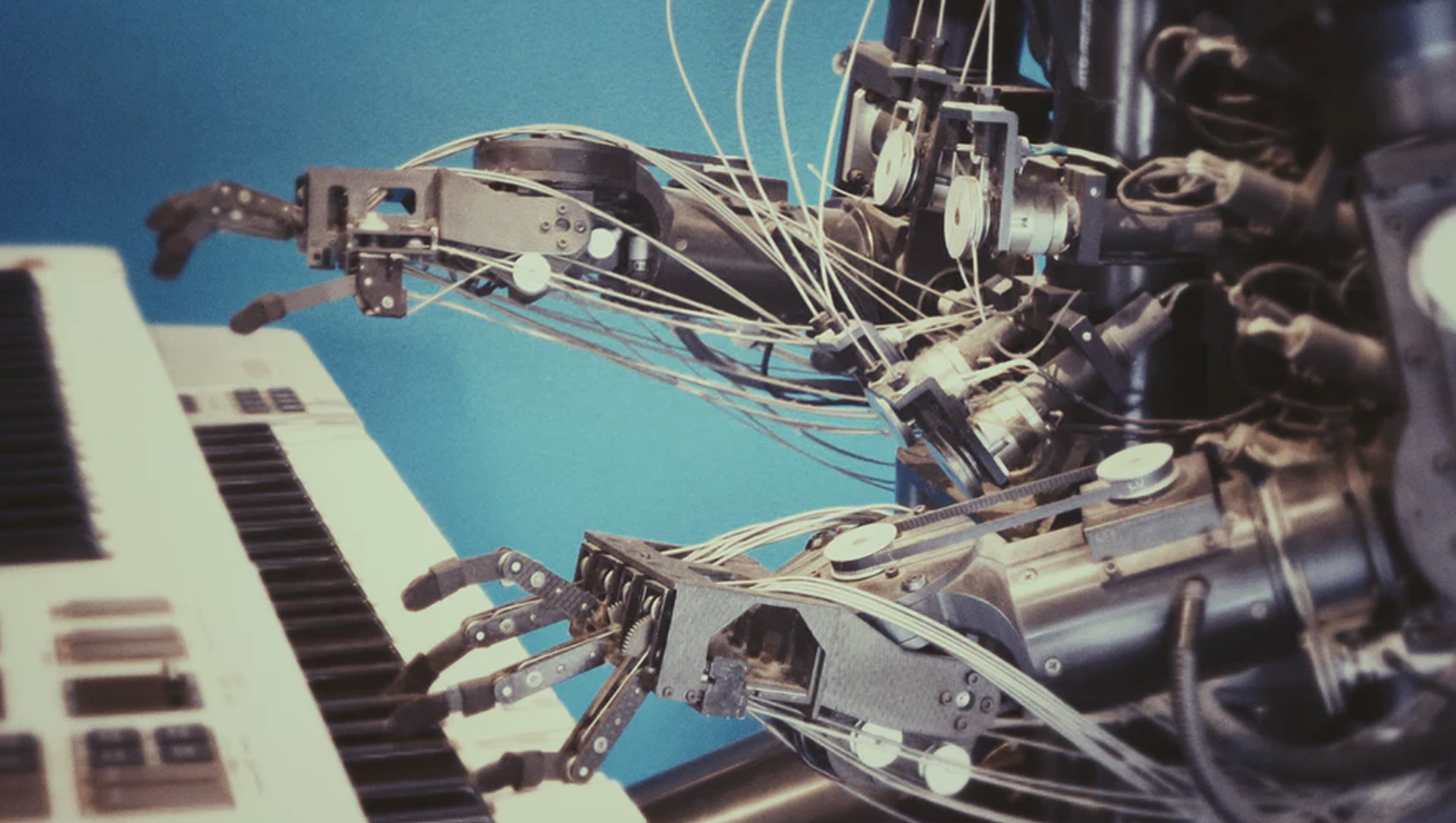 Artificial Intelligence (AI) has become a popular buzzword across all industries. Many people are familiar with this trend, however, the technical jargon and never-ending developments in AI can confuse even the most tech-savvy person.
Artificial Intelligence (AI) has become a popular buzzword across all industries. Many people are familiar with this trend, however, the technical jargon and never-ending developments in AI can confuse even the most tech-savvy person.
For marketers, AI is an important tool for efficiency and productivity. But which technology is the best to invest in? If you scroll through the internet you’ll find numerous articles describing AI marketing products. Instead of getting lost or overwhelmed by the lingo, take a step back and break down each piece to find meaning in the descriptions of MarTech AI. The following can act as a cheat sheet to help interpret these solutions.
Data Science
Artificial Intelligence wouldn’t exist without data science. Data science is the umbrella term that encompasses all the techniques for collecting, analyzing, and applying data to intelligently automate tasks.
There are three components of data science that are important to understand when applying AI to a specific marketing task:
- Big Data – A large volume of observations from a specific process.
Example: Credit card companies use credit card transaction records to provide a large number of observations to power their fraud detection technology. - Data Source – A consistent, repeatable process that can be measured to act as the information input.
Example: An email being delivered and then opened is a consistent, repeatable process that can be measured. - Machine Learning – A specific approach to identify patterns in data. Much of the work at the frontier of data science is in developing new approaches for organizing and analyzing unstructured data such as images or text. Some describe Machine Learning as teaching machines to think like humans. However, the way computers process information is still quite distinct from how humans process information.
Example: Image recognition uses machine learning techniques for pattern recognition in order to tag individual elements within an image so the image database can be searched using keywords.
Read More: How AI will Change the Game for Influencer Marketing
Artificial Intelligence
If you asked 50 people what AI is, you’d find that the definitions widely vary. Paul Roetzer of the Marketing AI Institute provides a strong definition of AI that articulates the key component, “AI is technology that automates a task previously done by a person.”
If you see AI in the context of Marketing Technology, you can substitute it with “Intelligent Automation.” Today, intelligent automation in marketing can be put into two categories:
- Recommendation – Making a suggestion about a marketing activity. An example of this is software that suggests content topics for blog posts. A recommendation in AI is another way of saying “a prediction.” A piece of marketing software can recommend the action predicted to lead to the best outcome. Recommendations are the stepping stones that allow software to fully automate routine tasks.
- Total Automation – Regulating a routine task to increase efficiency. This could include creating an automated email targeting campaign or using programmatic ad buying. When a piece of marketing software can fully automate a routine task, it’s usually for two reasons. First, the goal of the task is unambiguous, meaning two different people would come to the same conclusion about what’s to be accomplished. And second, the steps to achieve the goal follow a set of rules or can be reliably predicted.
Automation can save marketers a lot of time, which can ultimately, be devoted to other tasks. It’s important to remember, though, which activities are best suited for total automation, as opposed to a recommendation or human+machine process.
Read More: Eye Rolls at Pre-Rolls: How to Escape the Trap of Annoying Ads
Deciding MarTech AI
The next time you consider Marketing Technology powered by AI, take the time to assess the value of the product. Ask yourself the following questions:
- Does the new technology have access to its own source of big data in order to be helpful to me, or will I be responsible for providing a large source of data?
- Do I understand which marketing task is being intelligently automated in the new product and is that marketing task relevant to my day-to-day responsibility?
- What evidence do I have that the new technology makes good recommendations or effectively automates one of my tasks?
- If I am responsible for bringing my own data, what will it take to access and connect this data to the new marketing technology?
Can’t answer these questions yourself but are still fascinated by the technology? Request a product demo or speak with a sales rep. Before taking the leap, ensure that all your questions are answered and align with your company’s goals. MarTech AI is an investment but if it’s the right tool, you’ll find new opportunities and ways to improve efficiency in your organization that you never knew were possible.
Read More: 3 Ways Mobile Technology is Changing the Brick-and-Mortar Experience











